|
|
|
|
Nau mai haere mai and welcome to this week’s newsletter.
With the election now just ten days away, and with advance voting breaking all previous records, it seems many voters have already made up their minds. For those who haven’t yet – or who simply enjoy the ritual of election day proper – our coverage of the minor parties is hopefully revealing.
In the latest instalment, the authors examine the parliamentary record to show just how much the language of economic debate has been influenced by the Greens. And coming soon, we’ll publish an analysis of the ACT Party’s dramatic rise in the polls, and what it could mean for New Zealand’s next parliament.
We also look at the government’s policy record on climate change. AUT political scientist David Hall argues that from a domestic perspective, the Labour-led coalition can rightly claim it did more than previous governments, but viewed internationally, New Zealand is a fast follower rather than a leader.
And while the ACT Party has criticised the government’s election promise to revise the law to make hate crimes illegal, politics lecturer Chris Wilson’s analysis of media reports shows verbal, online and physical abuse of Muslims rose sharply following last year’s mosque attacks in Christchurch.
You’ll find more in this newsletter and on our homepage. Many thanks for your ongoing support for the work we do. Ka kite anō.
|
Veronika Meduna
New Zealand Editor: Science, Health + Environment
|

|
|
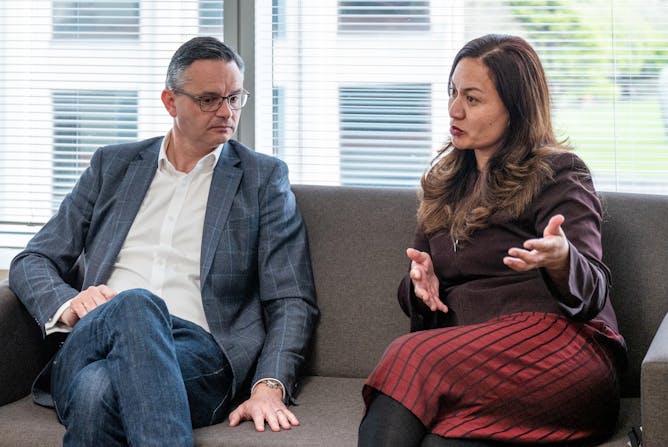
Green Party co-leaders Marama Davidson and James Shaw.
GettyImages
Geoffrey Ford, University of Canterbury; Bronwyn Hayward, University of Canterbury; Kevin Watson, University of Canterbury
As the parliamentary record shows, the Greens have been the only party to consistently challenge orthodox ideas about economic growth and prosperity.
|
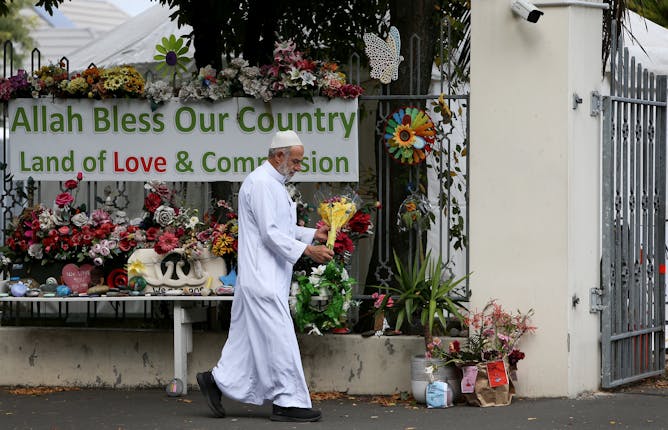
Lisa Maree Williams/Getty Images
Chris Wilson; Sanjal Shastri
Hate crimes after a terrorist attack usually target people from the terrorist's background. But the Christchurch mosque shootings led to a surge in abuse directed at victims of the attacks.
|

Oleg Podchashynskyi/Shutterstock
Simon Kingham, University of Canterbury
Motorways were once seen as a way of reducing congestion in our towns and cities. But the more we build, the more they fill with drivers.
|
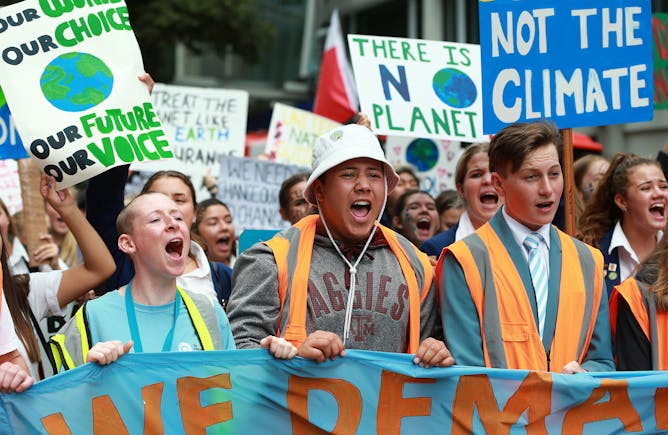
Hagen Hopkins/Getty Images
David Hall, Auckland University of Technology
New Zealand's climate policy is largely copied from other countries, and when judged against objectives such as the 1.5°C target, its actions remain inadequate.
|
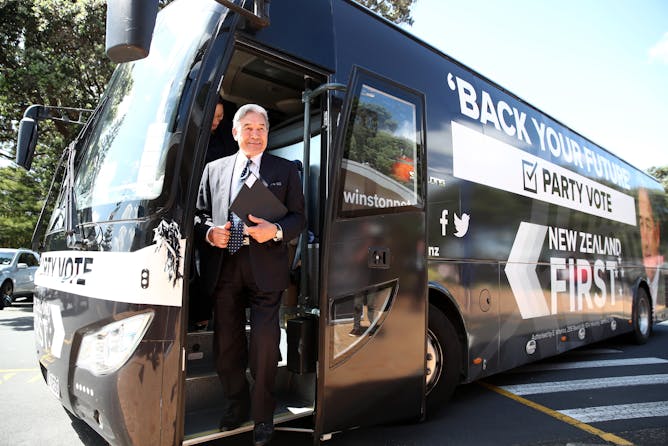
New Zealand First leader Winston Peters on the campaign trail in late September.
GettyImages
Jack Vowles, Te Herenga Waka — Victoria University of Wellington; Jennifer Curtin
His populist style made Winston Peters the kingmaker in New Zealand politics, but a new kind of populism may dethrone him in 2020.
|

Ryan Fletcher/Shutterstock
Hassan Vally, La Trobe University
There are two interesting points about Australia's travel bubble with New Zealand. It only includes NSW and the NT. And for now, it's only one way.
|
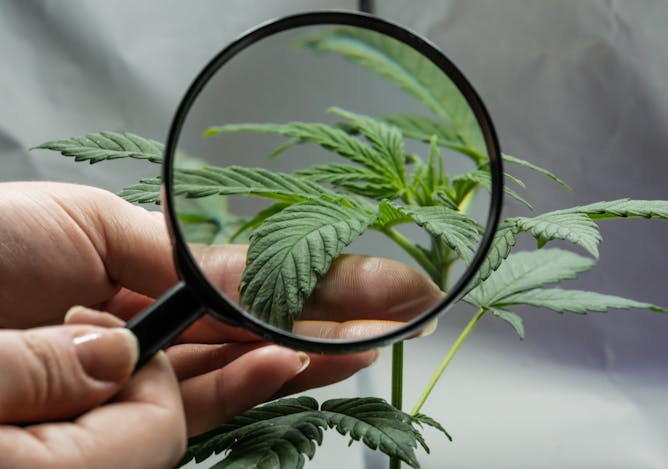
Shutterstock/real content
Patrick van Esch, Auckland University of Technology; Michelle O'Shea, Western Sydney University; Sarah Duffy, Western Sydney University
Can't make up your mind in the recreational cannabis referendum? You're not alone, so here's some tips from both sides of the debate to help you decide.
|

GettyImages
Sommer Kapitan, Auckland University of Technology; Patrick van Esch, Auckland University of Technology
Organic appeal and reach still trump advertising spending when it comes to digital engagement by parties and individual politicians.
|
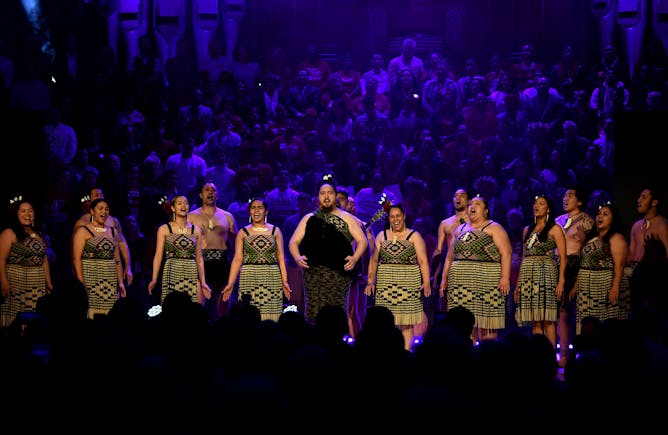
Hannah Peters/Getty Images
Dominic O'Sullivan, Charles Sturt University
The impact of colonialism can't be reversed, but as New Zealand implements the UN declaration new ideas emerge of a state that represents first peoples more fairly.
|
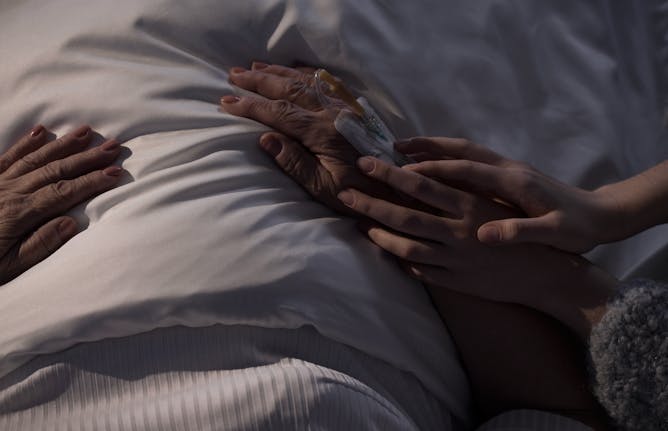
Photographee.eu/Shutterstock
Rhona Winnington, Auckland University of Technology
Assisted dying is often cast as an issue of individual autonomy, but an assisted death can have repercussions on many people — those left behind or others struggling with a chronic disease.
|

Shutterstock/riekephotos
Robert McLachlan, Massey University
New Zealand voters are divided on climate policy along party lines, with the majority on one side of the political spectrum calling for urgent action while at the other end most recommend caution.
|
From our international editions
|
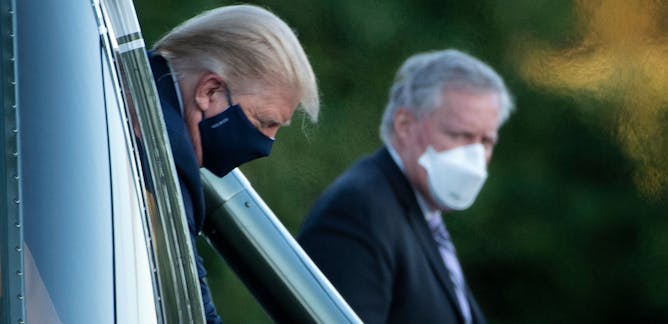
Stephanie Newbold, Rutgers University Newark
A president may transfer power to the vice president if they are no longer capable of carrying out their official role. But there are many unanswered questions about this rarely used process.
| |
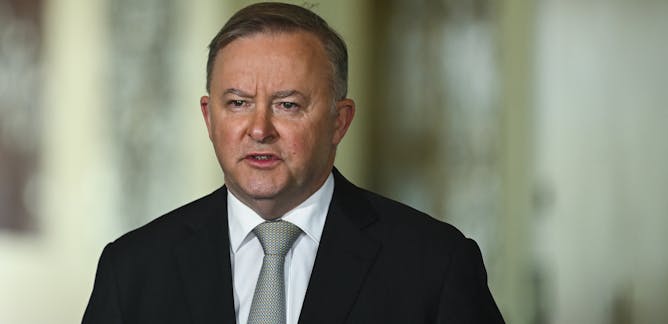
Michelle Grattan, University of Canberra
Opposition leader Anthony Albanese has announced an initiative that would see a Labor government implement an Australian Centre for Disease Control.
|
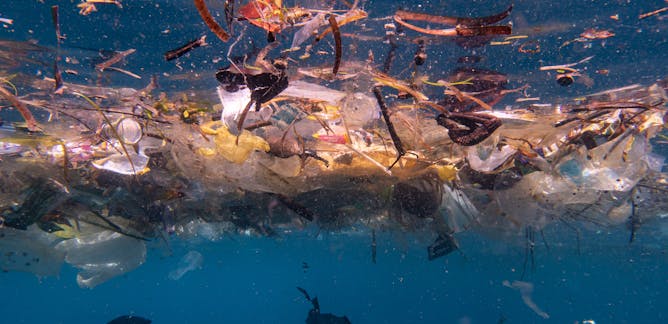
Britta Denise Hardesty, CSIRO; Chris Wilcox, CSIRO; Justine Barrett, CSIRO
This is up to 35 times more than the estimated weight of plastic pollution on the ocean’s surface.
| |
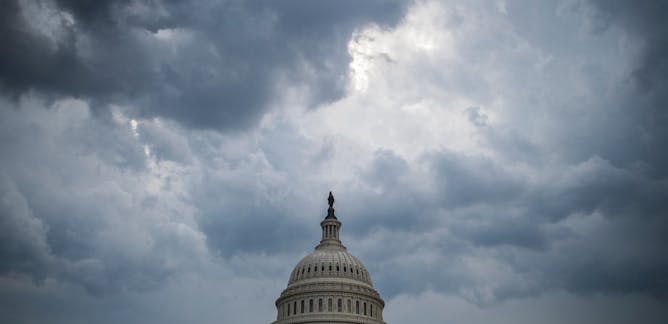
Phil Zuckerman, Pitzer College
Despite growing numbers of non-religious Americans, self-declared atheists are few and far between in the halls of power – putting the US at odds with other global democracies.
|

Mark Lee, Aberystwyth University
How could a software box have a subjective viewpoint of, and in, the physical world that humans inhabit?
| |
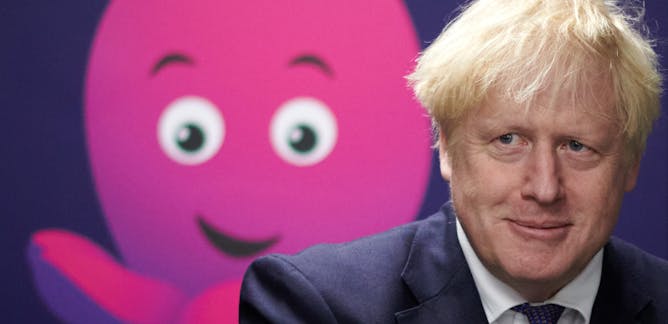
Matthew Flinders, University of Sheffield
A pathological need to please is preventing the prime minister from breaking bad news.
|
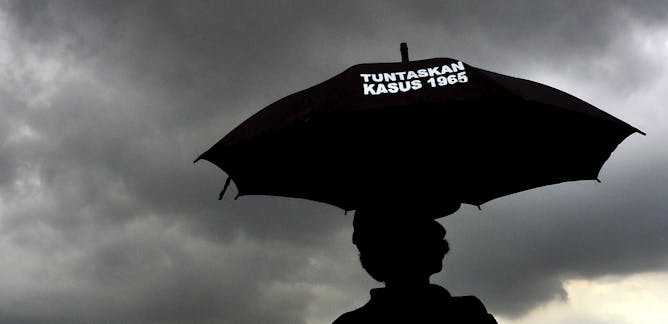
Jess Melvin, University of Sydney
My analysis of 3,000 pages of secret internal military documents strengthens findings pointing to the Indonesian military's involvement in the 1965-66 genocide.
| |

Gloria Blizzard, Dalhousie University; Gillian Turnbull, Ryerson University
The classical music scene in Canada is shaped by histories and hierarchies that reinforce racism and cultural appropriation. Black classical musicians are calling for systemic change.
|
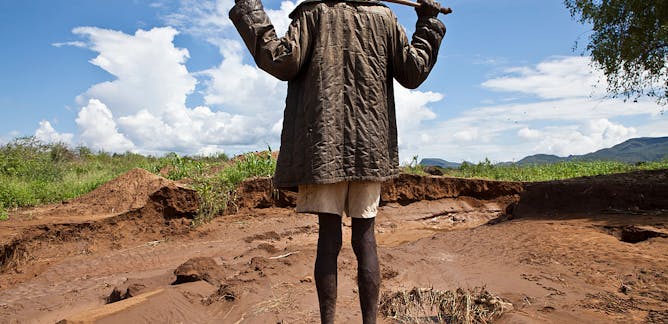
Karl Hughes, World Agroforestry Centre (ICRAF)
Regreening Africa works directly with 500,000 households to restore one million hectares of agricultural land.
| |
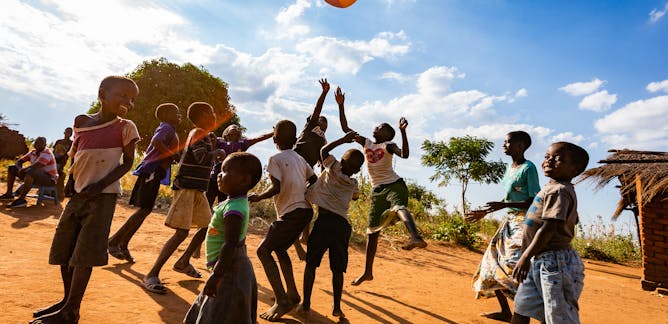
Griphin Baxter Chirambo, Mzuzu University; Adamson S. Muula, University of Malawi; Bo Andersson, Lund University; Ciara Heavin, University College Cork; John O'Donoghue, Imperial College London; Matthew Thompson, University of Washington; Yvonne O'Connor, University College Cork
Health surveillance assistants provide services in village clinics, mainly by assessing signs and symptoms in sick children. An electronic community case management app could make their job easier.
|
|
|
| |
| |
| |
| |
| |
| |
|
|
|
|
|
|
|